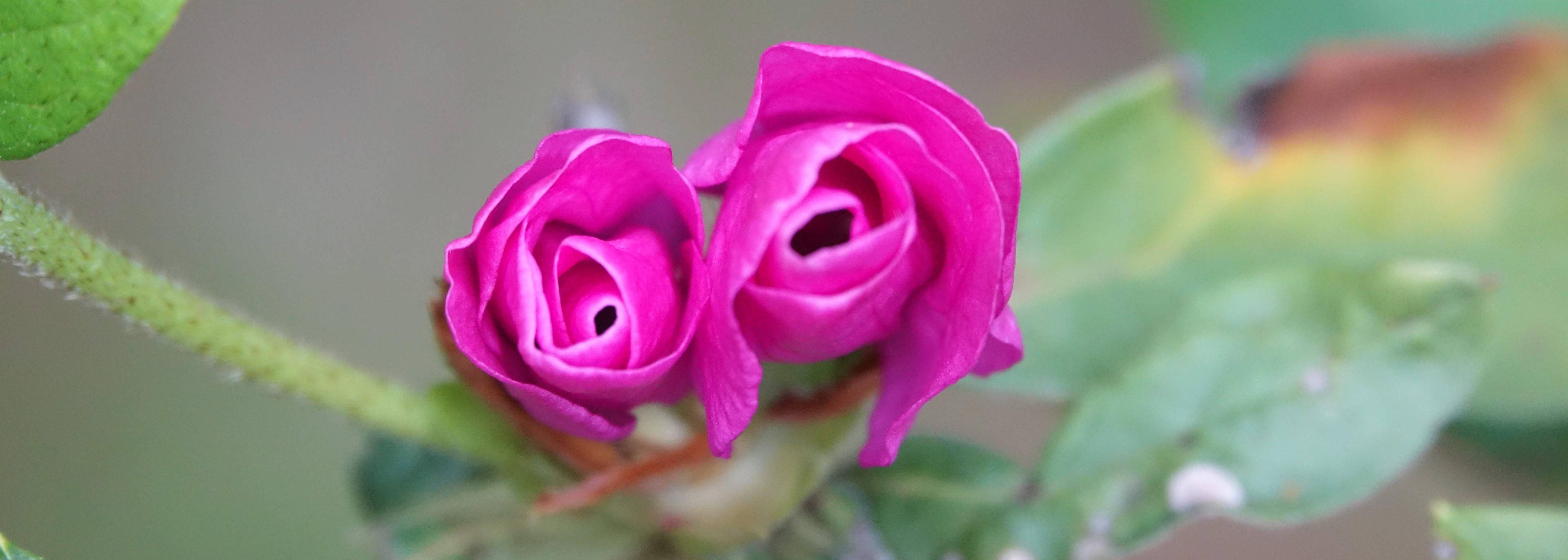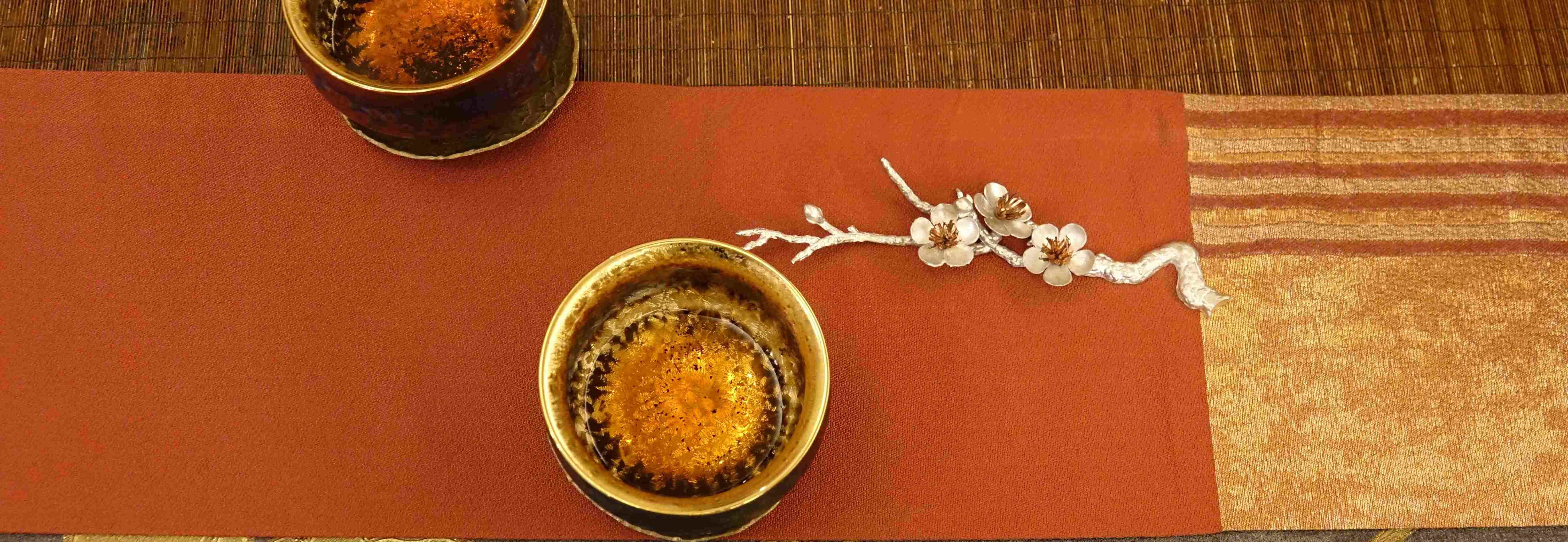professor
Department of Philosophy
Chinese Culture University
Taiwan
No matter if reading Yu Hsi’s novels or poetry, all his works contain a powerful message that “writings are for conveying truth”… the “truth” that is being transmitted in his works is not only the “truth” of the [ancient Chinese philosophers] Laozi and Zhuangzi, even more distinctive is the “way of Buddha” to which the writer awakened after his longtime study of Buddhism… Admiring the poetry by the “ancient” Tao Yuanming or the “neo-classicalist” Yu Hsi, both can help us gain a much clearer understanding of the ultimate concern of “literature and art”, i.e. to unveil or expose the inner spirit of “man” and help him return to the (eternal) embrace of the “nature”.
(‘The Spirit of Neo-classicism and Writings Are for Conveying Truth – discussion of the poetry collection String-less Qin by Yu Hsi’)
…“Nature” is the “original homeland” for both poets and philosophers. In this spiritually impoverished era we all suffer from the so called “nostalgia for the original homeland”. In other words, we all wish to “return to the origins”, which means we want to return to the natural state when “men” and “Nature” coexisted in harmony next to one another. Poets [have the power to] use beautiful and grand “poems and songs” to express this divine experiences of our former harmonious coexistence with the “Nature” that haven’t been put into words since. Yu Hsi is exactly a poet like this.
(‘A Poet with Ultimate Concern – philosophical reading of Yu Hsi’s Song of the First Frost’)








